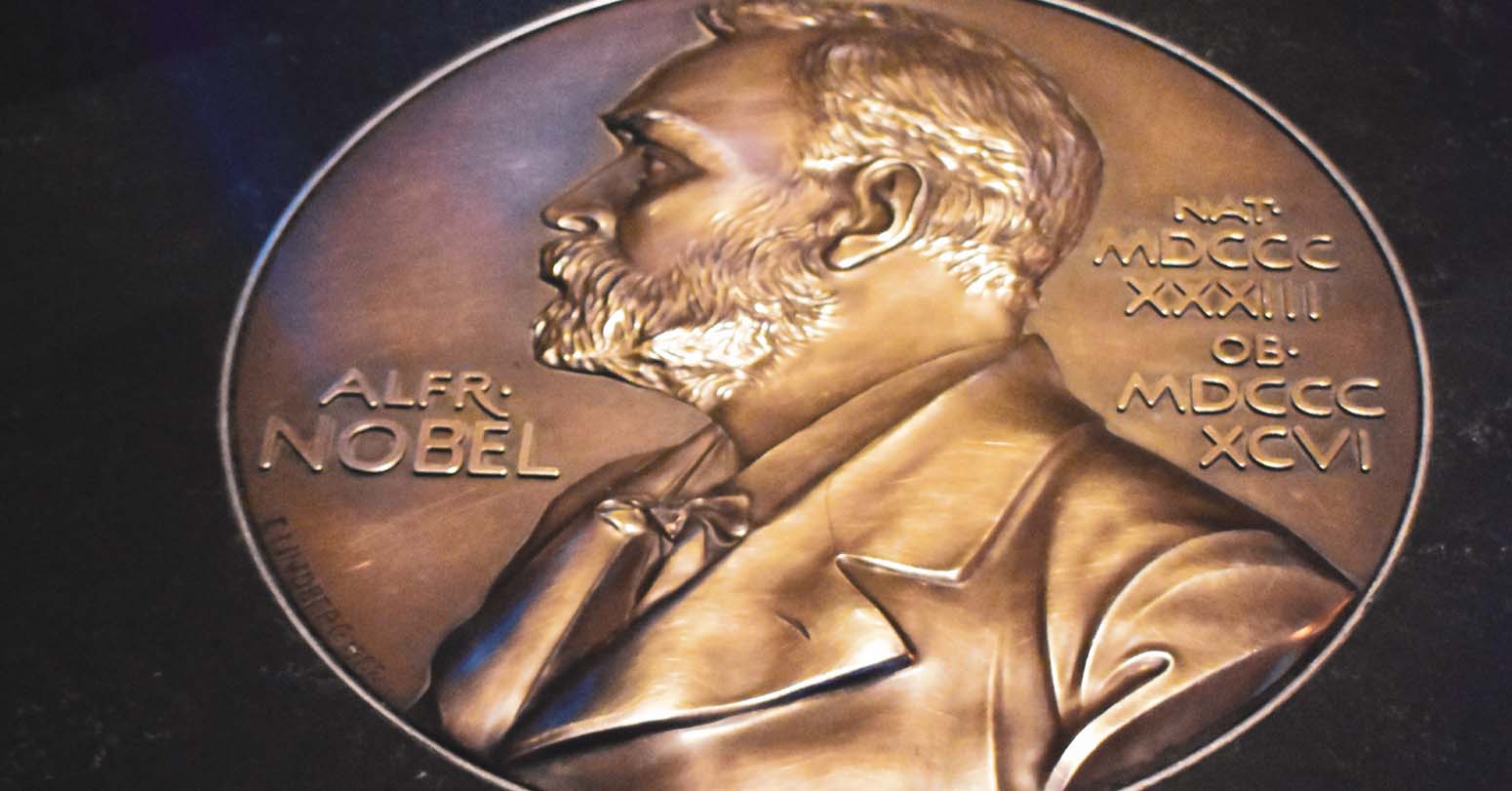
The Supreme Court has ordered that the statute be amended so that donations of human organs, including kidneys, are not limited to family members. A combined bench of Justices Hari Prasad Phuyal and Kumar Chudal directed the Ministry of Law, Justice, and Parliamentary Affairs to broaden the existing law. The court highlighted developments in international and comparative law, medical necessity, and the organ recipient's right to life. The full text of the Supreme Court's July 24, 2023 verdict was released on Wednesday, one year later.
Bishnu Bahadur Khatri Chhetri of Jhapa filed a writ petition in the Supreme Court after the hospital refused to match his blood group with one of his distant cousins for a kidney transplant; that was not permitted by law. Following that, the Supreme Court granted an injunction allowing the kidney donation, taking into account the sensitivity of the right to life. In response to the petitioner's request, an injunction order was granted in July last year stating that if the petitioner's distant cousin, Lakshmi Bista, who is like a sister to him, if wishes to give a kidney voluntarily, can medically donate for the transplant.
In addition, the Supreme Court has proposed revising the statute to account for probable buying and selling or exploitation. The court clarified that under current legislation, organs other than those of close relatives cannot be transplanted; they are deprived of the right to live.
The court also found that the statute was not inclusive when interpreting the relations. "In the case of including relatives such as uncles, aunts, it is not possible to explain it by excluding the related relatives only because of women or because of literal exemptions," according to the verdict. In a Supreme Court precedent against Triratna Tuladhar in the corruption case involving the Special Police Department, it is found that the interpretation of the law is that 'if the law is interpreted in one way, it is compatible with the Constitution and if it is interpreted in the second way, it is unconstitutional, then the court should adopt the first way'. The first revision to the Act (February 25, 2016) was based on that ruling, and the definition of near relative identified certain specific ties, however the court mentioned that it was inadequate.
Looking at the worldwide legal system, it is clear that there is a widespread understanding of the possibilities of organ donation and transplantation for persons other than family. In most nations, buying and selling is prohibited and banned; yet, if someone donates and adopts a voluntary, altruistic thought, it is recognized as a right to life, health, and survival. Even WHO has defined the criteria for organ donation, taking into account of the donor's will and health situation, as well as voluntariness, philanthropy, and the best interests of the organ recipient.




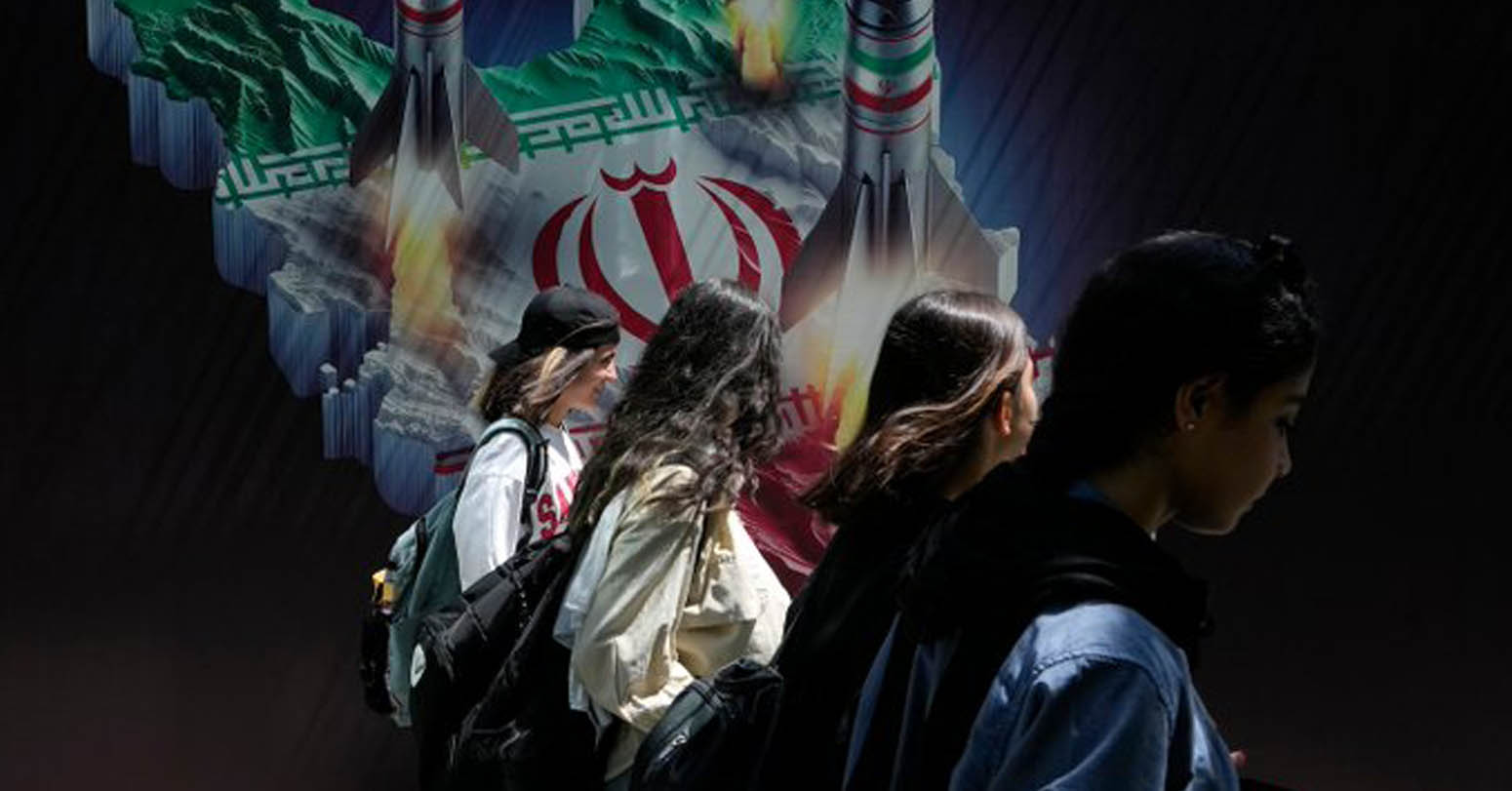
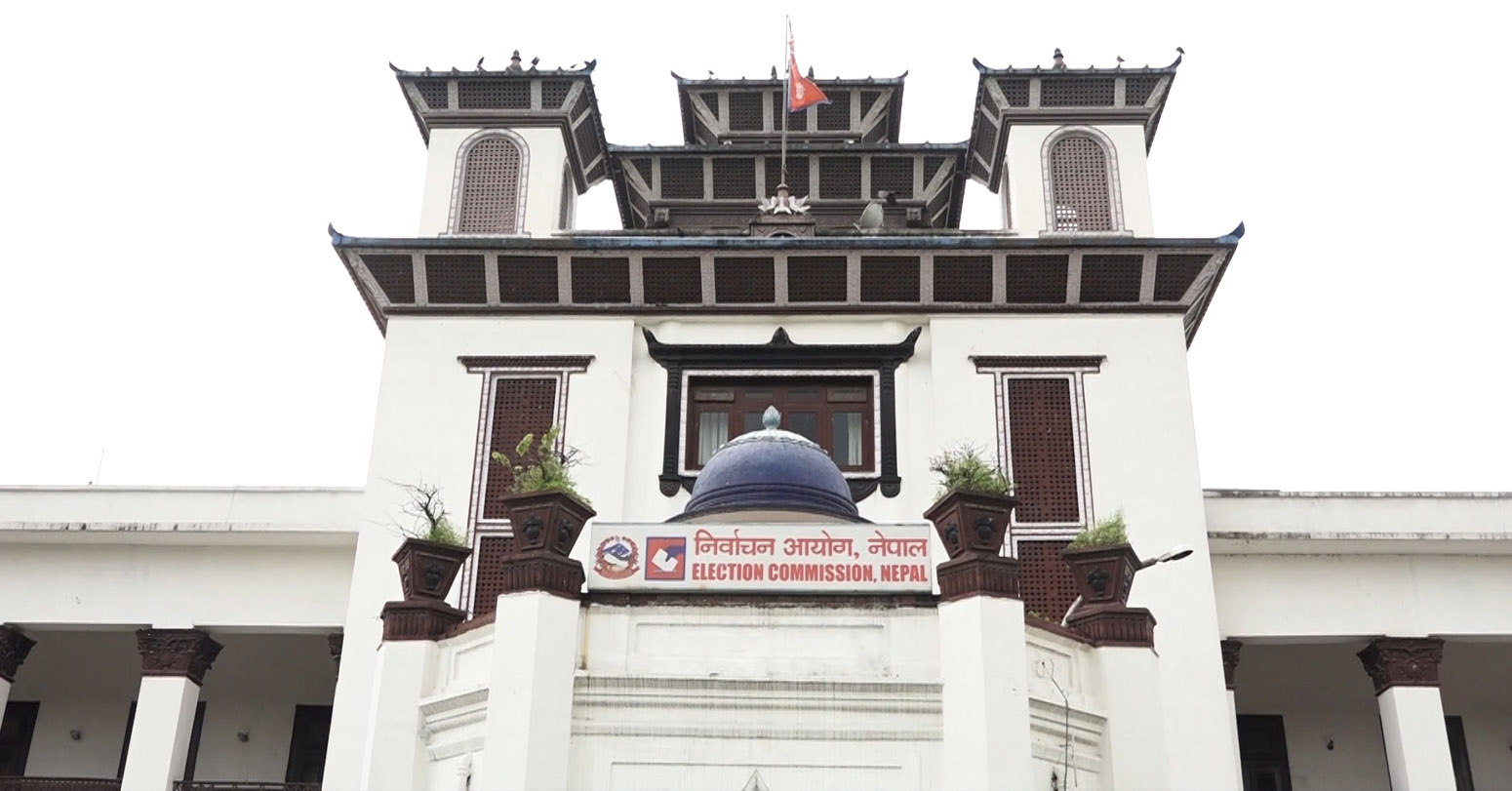
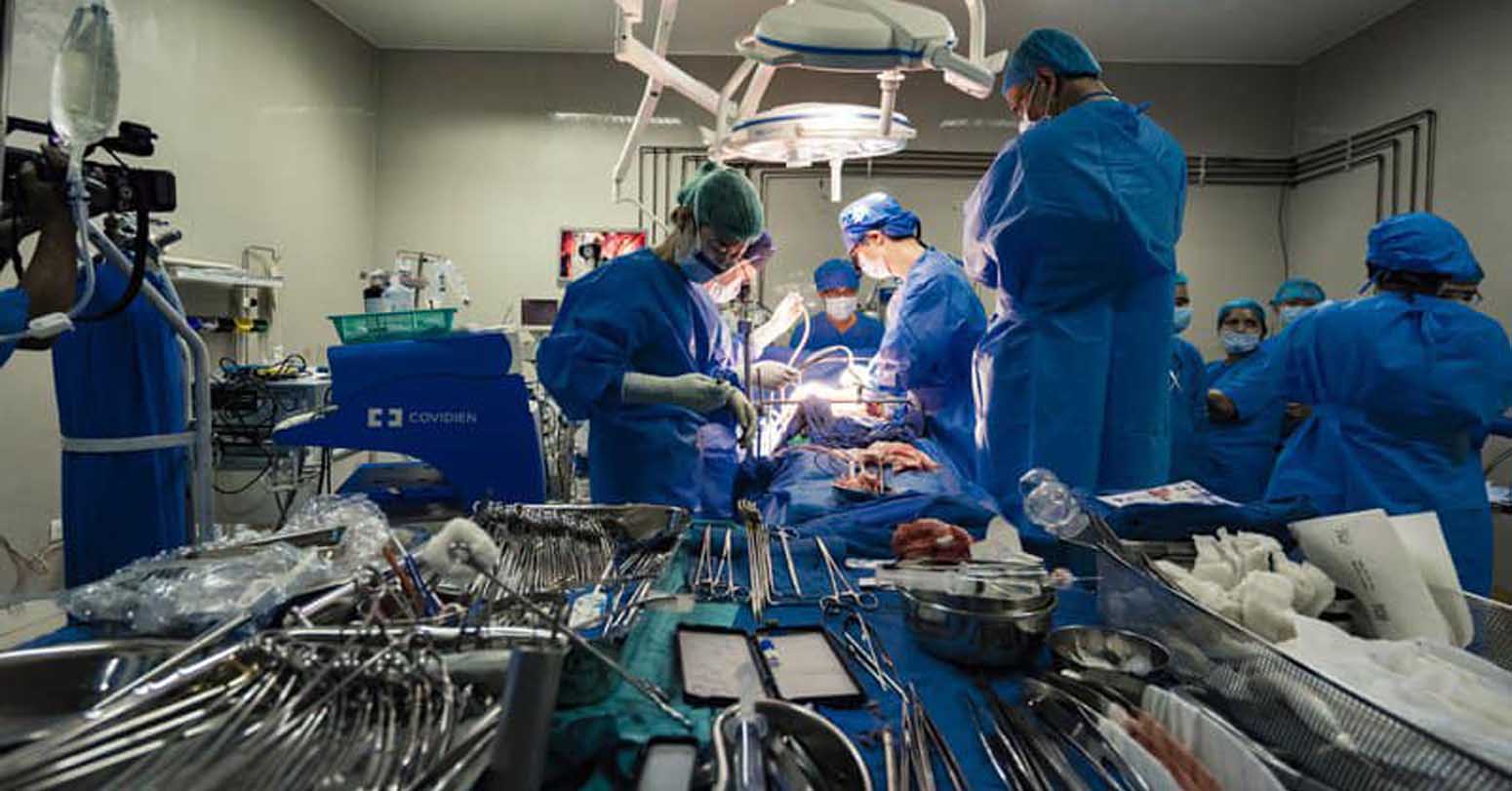
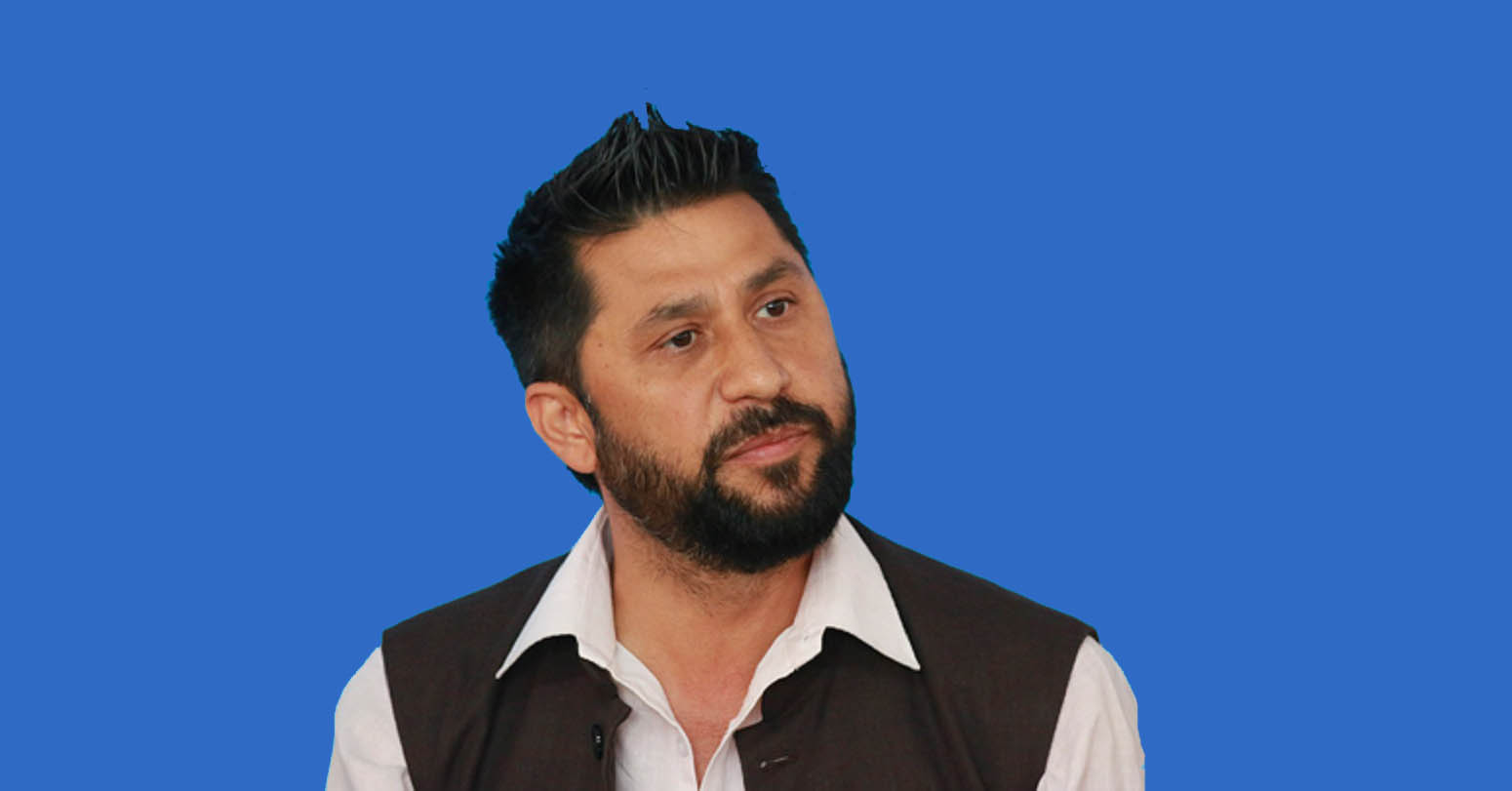




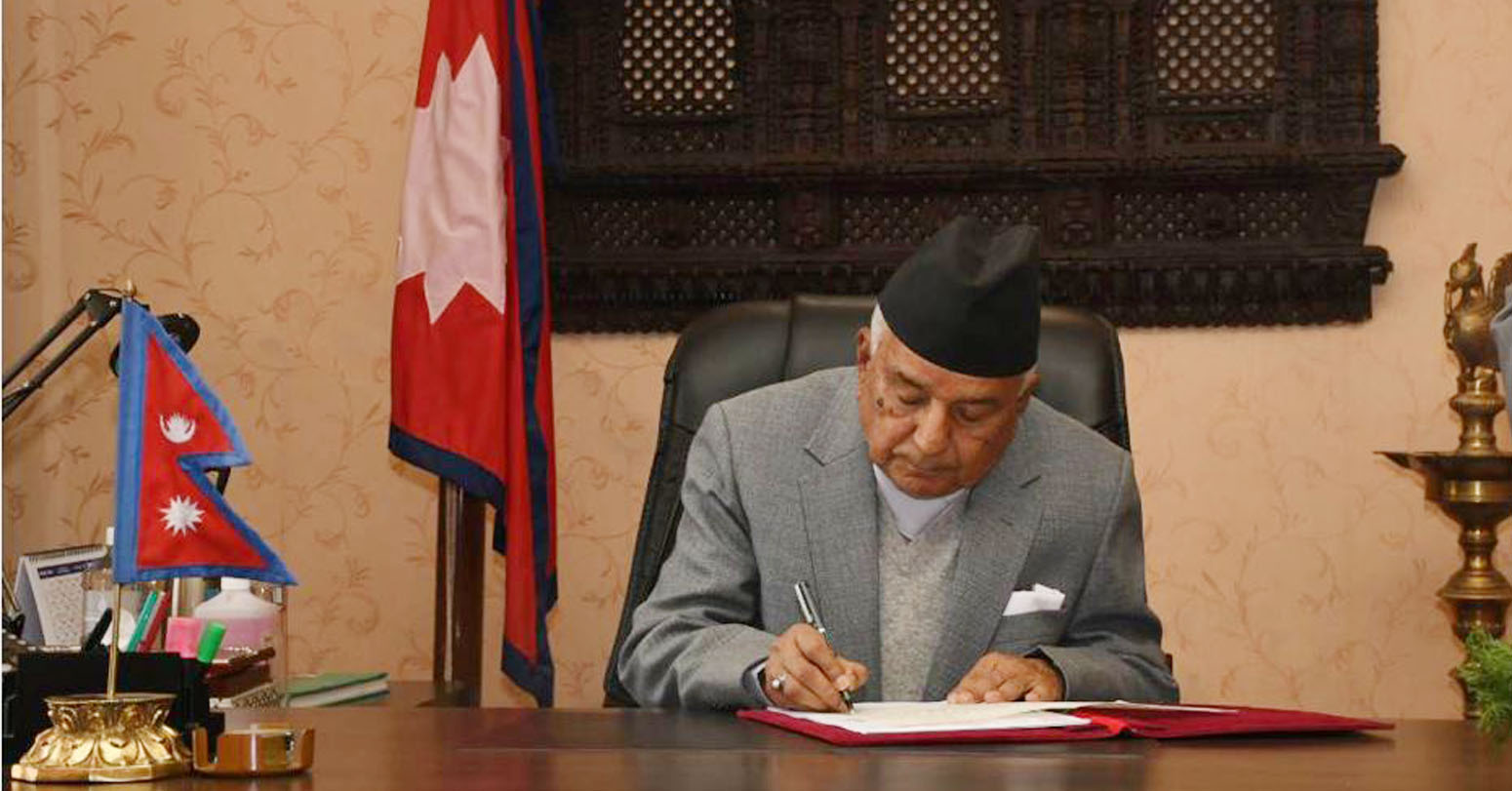

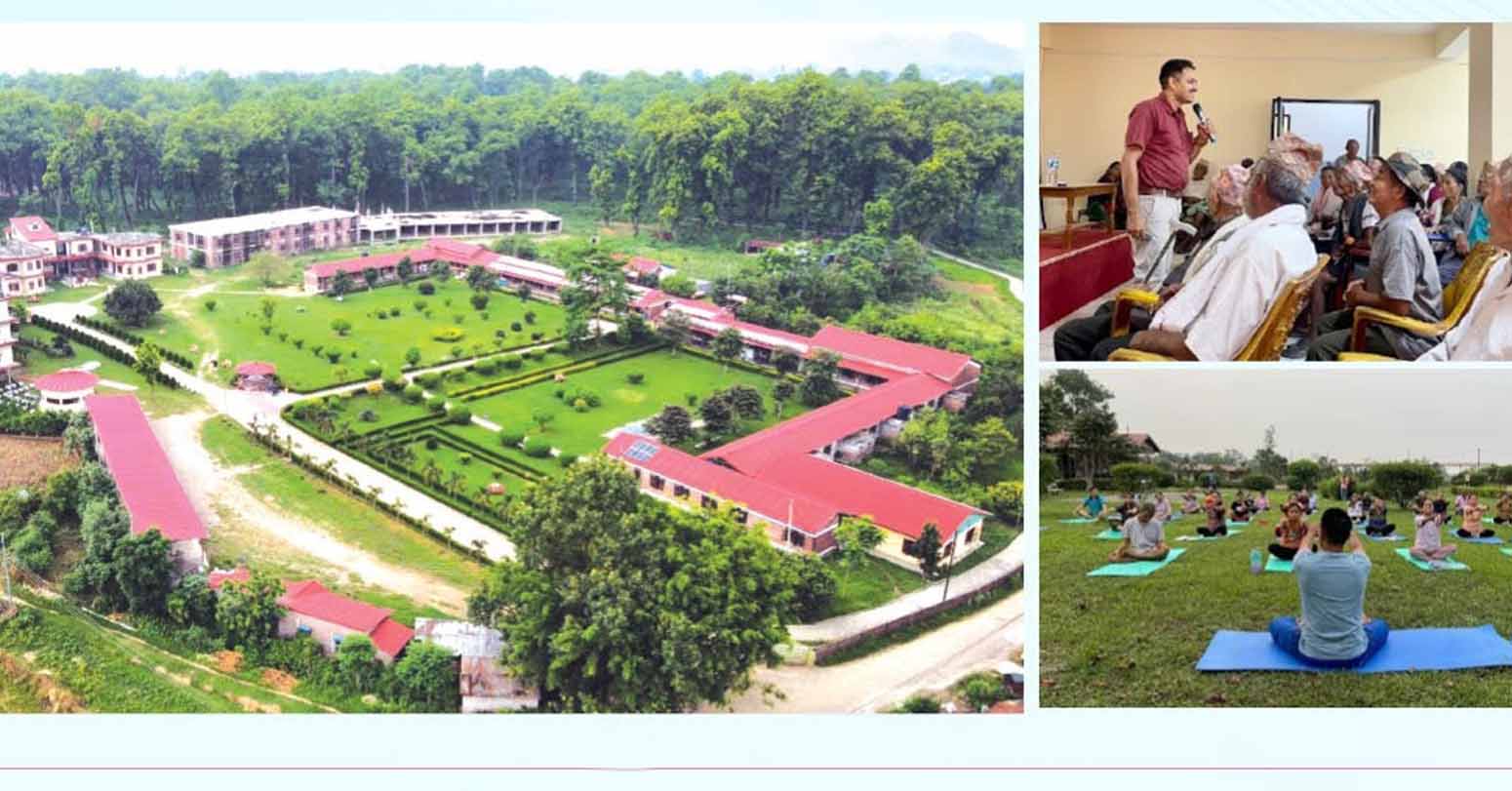
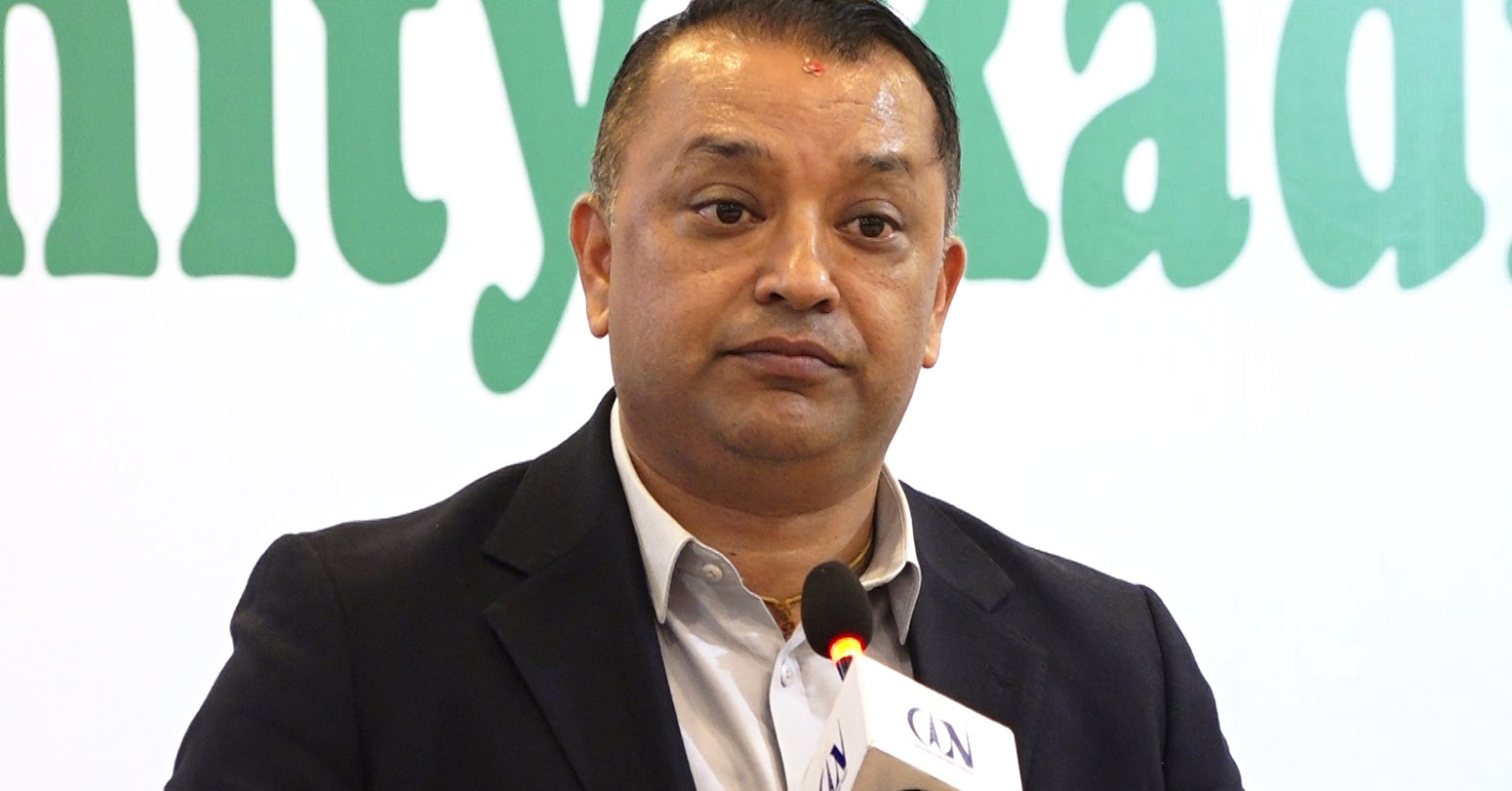
Hey There. I found your weblog the usage of msn. This is a very smartly written article. I will be sure to bookmark it and return to read extra of your useful info. Thanks for the post. I will certainly return.